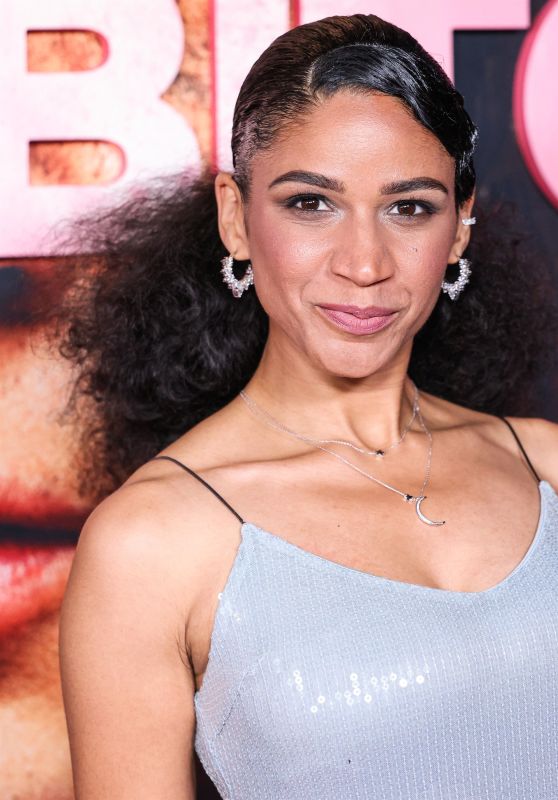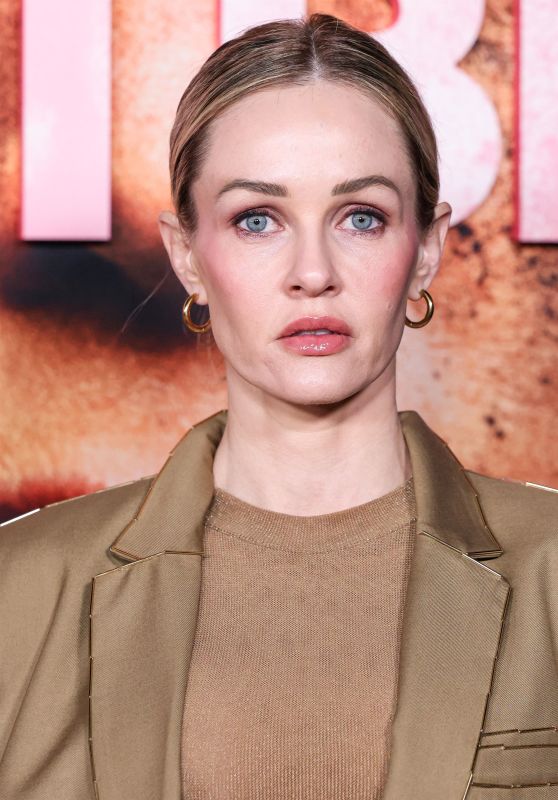Editor’s Note: This review was originally published during the 2024 Tribeca Festival. Roco Films releases “Sabbath Queen” on November 22.
Amichai Lau-Lavie wants to get inside the system of Judaism like a virus. A Radical Faerie, a drag queen, a rabbi, and an openly gay man, Amichai is the focus of Sandi DuBowski’s ambitious documentary “Sabbath Queen,” filmed over two decades. Amichai founded a God-optional congregation that erupted established systems of practice in his religious denomination — but the movie follows Amichai into a not-so-hairpin turn toward conservatism in recent years. “Sabbath Queen” finds filmmaker DuBowski skewing away from hagiography and instead toward an active questioning of Amichai’s life’s work. Taking on multiple decades of the man’s life means this film loses its way sometimes amid a scattered approach, but “Sabbath Queen” shrewdly asks hard questions about what it means to be Jewish in the 21st century. Especially when that question is so up for grabs right now.


If you’re not hip to the particulars of Jewish life in America, especially in New York City, “Sabbath Queen” may lose you at points. But DuBowski doesn’t water down the film’s approach, and the most emotionally pungent aspect of his film is inclusion of Amichai’s brother, Binyamin Lau, who has struggled with Amichai’s determination to break from tradition all his life. “The closet is death,” Amichai’s brother says as the movie unpacks how Amichai left Israel in the 1990s after being outed as gay in the media, only to then arrive in New York City and adopt a drag persona he deployed across sermons.
The film feels eerily prescient in the way it incorporates footage and testimony from Israel’s 2014 rocket attack on the Hamas-controlled Palestinian strip of Gaza. The footage and newsreels might as well have been taken yesterday. That’s contrasted against the history of Amichai’s family as survivors of the Holocaust who were also among the earliest settlers in Israel. “Sabbath Queen” draws the line from the rapid birth rate among Orthodox Jews to the eventual leadership of Benjamin Netanyahu, arguing that within the 30 years, Orthodox Judaism will make up most of the Jewish population. Amichai’s lifelong bristling against his own faith and in his sermonistic approach to his teachings shows how he struggles with the imperative for Jews to uphold zionistic beliefs. Protest footage in New York shows local Jews challenging Amichai, who is only ever able to be himself.
While Israel is the only country in the Middle East to recognize same-sex marriage, the country remains not exactly hospitable to the concept as this film reminds. Rabbinical testimony throughout “Sabbath Queen” reveals mixed feelings among Orthodox Jews toward the acceptance of LGBTQ people and their marriages, which puts Amichai permanently in a place of discontent and disorder as an out gay man himself.
DuBowski’s last feature as a director, “Trembling Before G-d,” queried the tensions between Orthodox Judaism and homosexuality, and “Sabbath Queen” feels like an extension of that investigation. Back in New York City, Amichai is a graduate of Manhattan’s Jewish Theological Seminary, known as a traditionalist stronghold for the Jewish faith. But Amichai insists he came of age out of those teachings to become a “virus” meant to infect the system. How much has he embraced that same system now?
His pop-up synagogue, which stresses a God-optional approach to religion, has upset many of his contemporaries. “Sabbath Queen” details his coming to being in New York beginning in the late 1990s; there’s a lover who died of AIDS-related complications, and one that continues to haunt him. These personal asides are the most intriguing elements of DuBowski’s film, piercingly emotional when it’s willing to get inside the darkest recesses of Amichai’s life.
“Sabbath Queen” at times feels overstuffed in its approach to unpeeling the layers on a 39th generation ex-Orthodox rabbi, often leaving his drag queen persona (a hilarious one) in the dust. Four editors on the film work with a vast deal of material as the movie careens across ideas, at one point incorporating animation that feels less fleshed-out than the live-action footage around it. DuBowski’s film moves at a breakneck pace tracking the divides between the Western liberalism Amichai came to fashion as his identity, and the ancient orthodoxy that won’t warmly accept him. He ends up somewhere between the two, in a liminal space that disturbs people such as his brother.
DuBowski’s activist portrait “Sabbath Queen” is overwhelmingly ambitious in its time-spanning, as searching and curious as its primary subject. We don’t leave the movie with a firm sense of who Amichai is beyond his religious backdrop, but I think that’s the point: Who he is as a person has become muddled and tangled up with the one he’s supposed to represent.
Grade: B
“Sabbath Queen” premiered at the 2024 Tribeca Festival. Roco Films releases it on November 22.




















 English (US) ·
English (US) ·